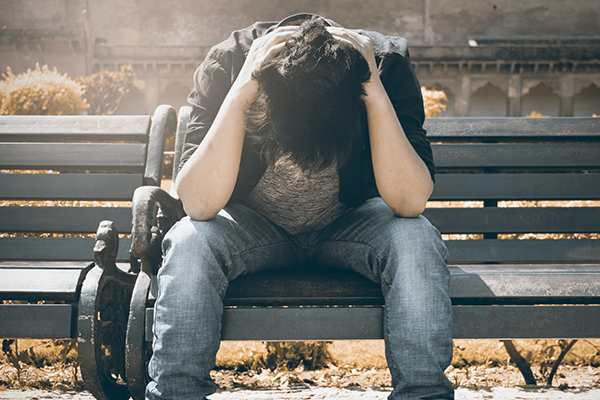Drop the D
First off, there is a significant importance of dropping the D from “PTSD.” By doing so, it reduces the stigma around a person’s experience that would be “a normal reaction to the very serious set of events in their life”[1]. If it’s a normal reaction, it should not be seen as a disorder, because it’s not, especially for our veterans. According to the Army’s top mental-health advocate, General Peter Chiarelli, “the use of D suggests that the ailment is ‘pre-existing,’ when in reality it is a predictable reaction to combat stress” or other stresses induced by being in the military [1]. This name change from PTSD to PTS is crucial to helping more veterans to seek help sooner, especially since less than half the veterans with any diagnosis of a “disorder” receive treatments [2].
What is PTS?
PTS is characterized by “the persistence of intense reactions to reminders of a traumatic event, altered mood, a sense of imminent threat, disturbed sleep and hypervigilance” [3]. In practice, patients have reported constant night terrors and insomnia, persistent anxiety, triggered by things such as a door opening too rapidly or even inability to feel emotions due to the fact that they have numbed themselves in order to “not experience the trauma again.”
Long term use of medications such as SSRIs could cause sexual dysfunction, weight gain and sleep disturbances [4] as compared to the mild “adverse” effects of acupuncture, such as bruising and bleeding [5]. In a study of over 60,000 acupuncture treatment sessions, no serious adverse events were reported [4,6,7].
How Can Acupuncture Help?
According to a research study published by the VA, “veterans with PTS that have been treated with acupuncture report better sleep with fewer bad dreams, improved mental clarity, less anxiety and a reduction in stress” [4]. Another study recently published in April 2019 examined the survivors of a major earthquake in Italy. In that study, nearly 70% of patients reported PTS symptoms. After the third acupuncture treatment, both the physical and mental symptoms from the trauma significantly improved within 60% of the patients with no serious adverse events being reported.
References:
[1] www.nation.time.com/2011/06/05/the-disappearing-disorder-why-ptsd-is-becoming-pts/
[2] www.therecoveryvillage.com/mental-health/ptsd/related/pts-vs-ptsd/
[3] www.nejm.org/doi/full/10.1056/NEJMra1612499
[4] www.rehab.research.va.gov/jour/2012/493/pdf/pageix.pdf
[5] www.ncbi.nlm.nih.gov/pmc/articles/PMC48133/
[6] www.ncbi.nlm.nih.gov/pmc/articles/PMC48133/
[7] www.bmj.com/content/323/7311/486.long
[8] www.liebertpub.com/doi/10.1089/acu.2018.1329

